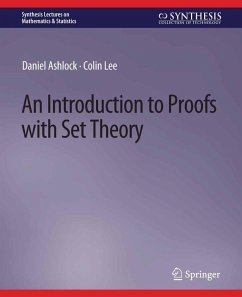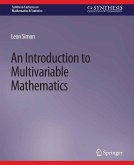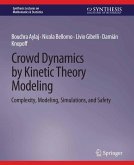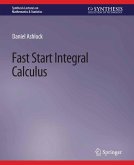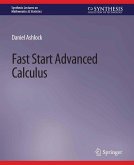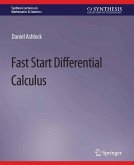This text is intended as an introduction to mathematical proofs for students. It is distilled from the lecture notes for a course focused on set theory subject matter as a means of teaching proofs. Chapter 1 contains an introduction and provides a brief summary of some background material students may be unfamiliar with. Chapters 2 and 3 introduce the basics of logic for students not yet familiar with these topics. Included is material on Boolean logic, propositions and predicates, logical operations, truth tables, tautologies and contradictions, rules of inference and logical arguments. Chapter 4 introduces mathematical proofs, including proof conventions, direct proofs, proof-by-contradiction, and proof-by-contraposition. Chapter 5 introduces the basics of naive set theory, including Venn diagrams and operations on sets. Chapter 6 introduces mathematical induction and recurrence relations. Chapter 7 introduces set-theoretic functions and covers injective, surjective, and bijective functions, as well as permutations. Chapter 8 covers the fundamental properties of the integers including primes, unique factorization, and Euclid's algorithm. Chapter 9 is an introduction to combinatorics; topics included are combinatorial proofs, binomial and multinomial coefficients, the Inclusion-Exclusion principle, and counting the number of surjective functions between finite sets. Chapter 10 introduces relations and covers equivalence relations and partial orders. Chapter 11 covers number bases, number systems, and operations. Chapter 12 covers cardinality, including basic results on countable and uncountable infinities, and introduces cardinal numbers. Chapter 13 expands on partial orders and introduces ordinal numbers. Chapter 14 examines the paradoxes of naive set theory and introduces and discusses axiomatic set theory. This chapter also includes Cantor's Paradox, Russel's Paradox, a discussion of axiomatic theories, an exposition on ZermelöFraenkel Set Theory with the Axiom of Choice, and a brief explanation of Gödel's Incompleteness Theorems.
Dieser Download kann aus rechtlichen Gründen nur mit Rechnungsadresse in A, B, BG, CY, CZ, D, DK, EW, E, FIN, F, GR, HR, H, IRL, I, LT, L, LR, M, NL, PL, P, R, S, SLO, SK ausgeliefert werden.

